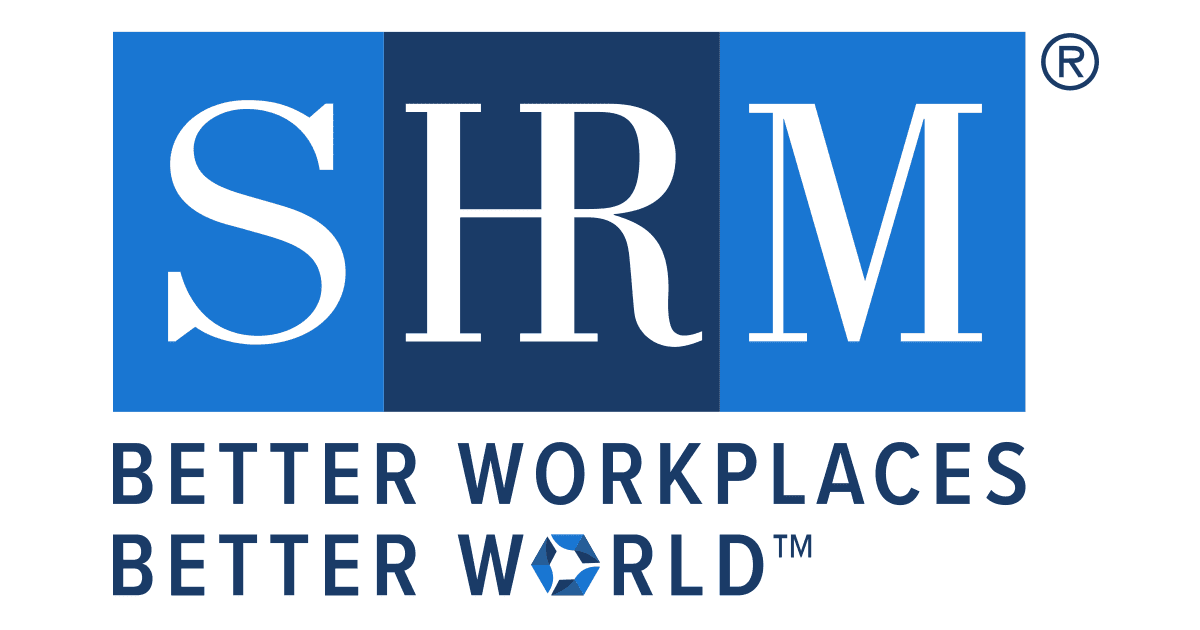Unfortunately, there are plenty of myths and antiquated ideas about job searching that job seekers acknowledge as hard fast rules. We have chosen to highlight a few of these myths that we find particularly irksome below:
- Your resume should only be one page.
- The one-page resume rule seems to have been around forever, but reducing your work history to one page can be a critical mistake for job seekers.
- Hiring managers would much rather see your entire work history laid out on three pages worth of resume than have you exclude relevant work experience in order to fit everything on one page.
- Your college major will determine your entire career.
- While there are certain career paths that require particular majors, such as engineering or mathematics, your college major does not have to dictate your entire career.
- When choosing the perfect applicant for a job, hiring managers consider a whole lot more than what your major was in college. Relevant experience, applicable skills, and personality are all additional factors in a hiring manager’s decision.
- You should apply for every single job posting that you are interested in.
- If you are not fully qualified for a job posting you see, don’t waste your time applying for it. Job postings typically list qualities or experiences that applicants must have, but a lot of job seekers seem to ignore them. Being interested in a job and believing you can do it does not make you a qualified applicant.
- Wasting your time applying for jobs you will never get is a big mistake for job seekers. Focus your attention and effort on jobs that you feel you are honestly qualified for and believe you can get. This will eventually lead to a much more successful job search in the end.
- You need to have an objective or mission statement on your resume.
- Listing a specific objective statement on your resume can lead hiring managers to believe you are only looking for one particular kind of job and won’t consider you for other opportunities.
- On the other hand, having a broad, generic objective statement on your resume is basically useless. Objective statements serve no real purpose and are therefore unnecessary to include on your resume.
- Instead of an objective statement, use your cover letter to let hiring managers know what you are looking for and why you feel qualified.
- Companies and hiring managers will never be able to see my social media profiles.
- Many professionals believe that their social media pages are hidden from the eyes of hiring managers. They change their names on Facebook or change their privacy settings assuming that no potential employer will ever be able to see their pictures and posts.
- The truth is, it’s not that hard for a potential employer to see some, if not all, of your pictures and posts on social media.
- Changing your name on Facebook to a combination of your first and middle name or even replacing it with a completely made-up name will not deter an employer who wants to find your profile. If the email address that you use to sign onto Facebook is the same email that you put on your resume, all employers have to do is search that email address on Facebook instead of your name. The profile linked with your email address will come up no matter what you’ve changed the name on your profile to.
- Also, with constantly changing privacy settings on Facebook, Twitter and Instagram, it’s easy for old photos or posts to suddenly become visible again if you haven’t taken the time to update all of your privacy settings.











